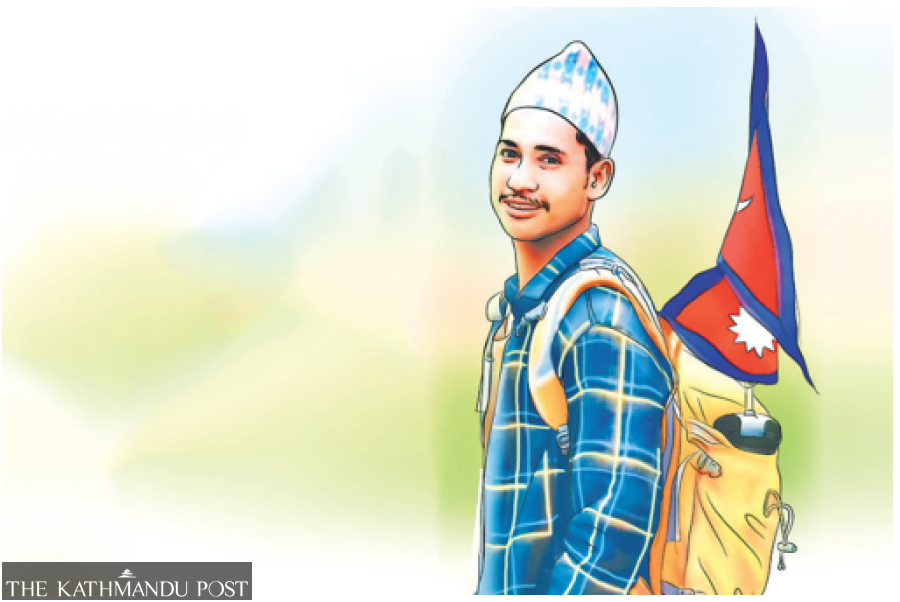Editorial
Court kindles hope
The verdict on the Soti caste killings is a definitive moment for social justice.
Tuesday, December 5, will be a landmark in the annals of Nepal’s social justice history. It was the day when the culprits of hate against humanity were sentenced to life imprisonment. The West Rukum District Court on Tuesday found 24 individuals guilty in the murder of Nabaraj BK and five of his friends in a gruesome case of caste atrocity at Soti village of Chaurjahari Municipality in West Rukum in 2020. In addition, the single bench of Judge Khadga Bahadur KC found two more individuals guilty of caste-based discrimination. Of the 24 getting life sentences, 17 have been convicted for caste-based discrimination. Apart from it being one of the biggest criminal cases in the country so far, with a total of 26 culprits being convicted, it is also a rare instance of a definitive and fairly progressive pronouncement in a case involving social injustice.
The fight for justice in the Soti caste atrocity case has not been easy. With influential leaders backing the culprits to save their constituencies, the case had not just been mired in controversy, but there were fears it would be dismissed altogether. After all, the then Home Minister, Janardan Sharma, had absolved the culprits, potentially his high-caste voters, claiming in Parliament that the Dalits had not been killed as such but had instead died from drowning in the river while being chased by villagers. What's more, the victims’ families had to flee their homes for fear of violence as the case dragged on and the accused had been let out of jail.
The Maoists had notably waged a 10-year war against the Nepali state, with the fight against caste discrimination one of its main agendas. When it came to translating ideology into practice, the Maoists, consumed by the arithmetics of electoral politics, had chosen injustice. Justice, however, was restored, and a sense of closure was offered to the victims’ families on Tuesday, although the murdered young men will never come back, and the kin will forever have to live with the trauma of losing their loved ones.
This is hopefully just the beginning of a better social justice situation in Nepal. Justice still eludes the kin of Ajit Mijar, who was killed in Kavre; Sete Damai in Dailekh; Manbir Sunar in Kalikot; Shiva Shankar Das in Saptari; Angira Pasi in Rupandehi; Bhim Bahadur Biswakarma in Chitwan; and many more victims. The state must immediately take up the pending caste killing cases and help expedite the judicial process on the way to building a less discriminatory society.
Decades after caste discrimination was outlawed, Nepal continues to be a highly casteist society. To improve things, the state must proactively work to erase the remnants of the Brahminical patronage system from its institutions. It should also promptly respond to the concerns of caste-based discrimination, as Dalits continue to face barriers in getting as basic an amenity as an accommodation in the homes of so-called high-caste people. The judgement in the Soti incident should serve as a pathfinder for Nepali society. Yet this is just the start. There is still a long way to go in order to build a country that people from all castes and communities can proudly call home.




 13.12°C Kathmandu
13.12°C Kathmandu














